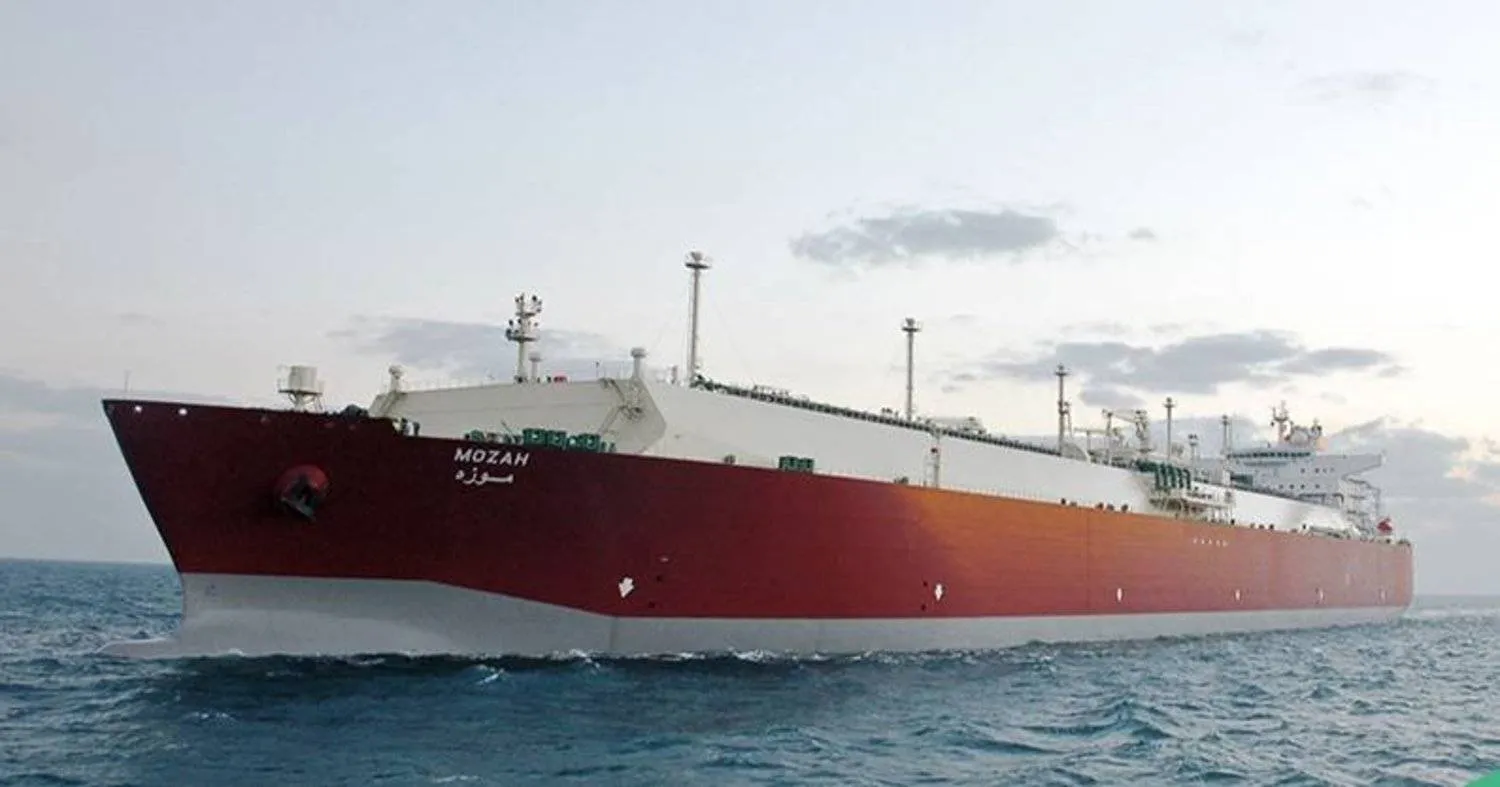The state-owned Chinese company Sinopec said it had concluded a new 27-year agreement with QatarEnergy to supply and purchase liquefied natural gas (LNG).
Under the agreement, the two companies will cooperate in the second phase of the North Field expansion project, which will supply 3 million tons annually of LNG to Sinopec.
Sinopec also said it would obtain a 5 percent stake in the second phase of the joint project.
The deal, signed at the China International Import Expo in Shanghai, is the third long-term supply deal between Sinopec and Qatar Energy, the world's top LNG supplier.
The two parties signed a 10-year agreement to buy and sell liquefied natural gas in 2021 and a 27-year agreement last year.
The North Field is part of the world's largest gas field, which Qatar shares with Iran, which calls its part the South Pars Field.
Recently, QatarEnergy signed multiple agreements with foreign and Western companies to sell LNG in light of the energy crisis, scarcity of supply, and uncertainty surrounding the global economic scene.
On Oct. 23, QatarEnergy signed a deal to supply Italy's Eni with gas for 27 years, following similar sales this month to supply the Netherlands via Shell and France through TotalEnergies.
Qatar signed 27-year deals to supply 3.5 mtpa from 2026 to Shell and TotalEnergies, its largest and most extended European gas supply deals.
Under the two agreements, gas shipments will be delivered to the Gate LNG receiving terminal in the Dutch port of Rotterdam starting in 2026 for 27 years.
Notably, Emir of Qatar Sheikh Tamim bin Hamad Al Thani laid the foundation stone for the North Field expansion project last October, raising the country's LNG annual production capacity from 77 million tons to 126 million tons annually in 2026.
The project includes six giant production lines, each with a production capacity of 8 million tons per year, four of which are in the North-East Field Expansion Project and two in the North-South Field Expansion Project.
The major expansion will add 48 million tons annually to global LNG supplies.
It will produce 6,500 tons per day of ethane gas, which will be used as a raw material in the local petrochemical industries.
The project will also produce approximately 200,000 barrels per day of liquefied petroleum gas (propane and butane) and about 450,000 barrels per day of condensates, in addition to large quantities of helium and pure sulfur gas.









